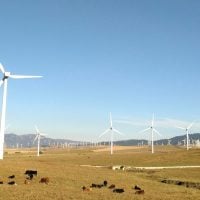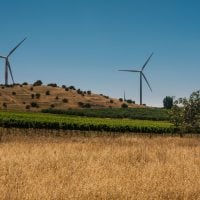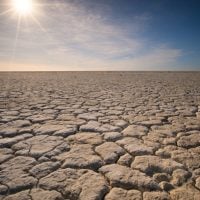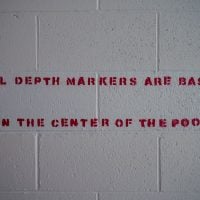Deadline: 03-Mar-2024
Applications are now open for the Asian Waterbird Conservation Fund to provide financial support for projects at sites of importance for migratory waterbirds (including seabirds) in Asia of the East Asian – Australasian Flyway (EAAF).
In late 2019, the AWCF was reformed and two new grants, the WWF Dr Lew Young Grant and the Asian Flyways Initiative Grant (AFI Grant), were set up to extend the support from the EAAF to the Central Asian Flyway (CAF).
The goal of the two new Grants is to support projects on the ground in Asia that will lead to the conservation of migratory waterbirds and their habitats in the EAAF and CAF, particularly through partnership with the local community at the site.
Grant Categories
- WWF Dr Lew Young Grant
- WWF-Hong Kong set up the WWF Dr Lew Young Grant for his whole-life dedication and significant contribution to wetland conservation.
- WWF Dr Lew Young Grant:
- Up to US$10,000 (one-year project)
- WWF Dr Lew Young Grant: 1 project
- AFI Grant
- In 2019, WWF established the Asian Flyways Initiative to coordinate among the various organizations and stakeholders to ensure that both the EAAF and the CAF are conserved so that ecologically connected stepping-stone corridors can be sustained for the long-distance migratory birds, and the wetlands are managed for nature and people.
- To provide support to the conservation work of wetlands and migratory birds in these two flyways, WWF-Hong Kong established the AFI Grant.
- AFI Grant:
- One-year project: Up to US$5,000
- Multiple-year project (2-3 years): Up to US$5,000/year
- AFI Grant: 2-3 projects
Eligible Countries
- For the EAAF: Russia, Mongolia, People’s Republic of China, DPR Korea, Republic of Korea, Japan, Bangladesh, Myanmar, Thailand, Laos, Vietnam, Cambodia, The Philippines, Malaysia, Singapore, Brunei, Indonesia, Papua New Guinea and Timor-Leste
- For the CAF: Russia, Mongolia, People’s Republic of China, Bhutan, Nepal, Bangladesh, Myanmar, India, Sri Lanka and Pakistan
Eligibility Criteria
- Groups such as non-government and community organizations, academic and research institutes. Government authority might also be considered.
For more information, visit WWF.









































